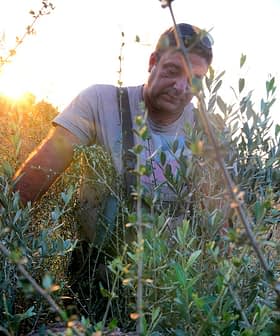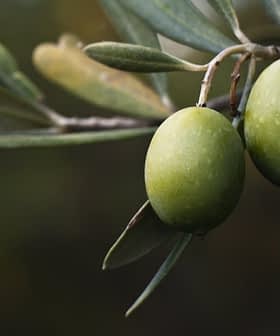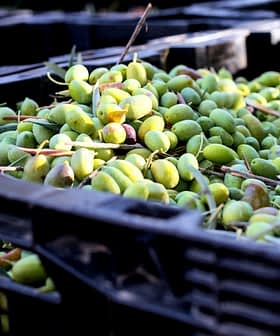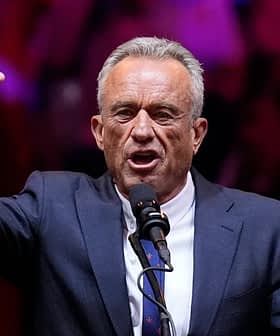Salov Group Appoints Giacomo Campinoti to Lead Filippo Berio USA
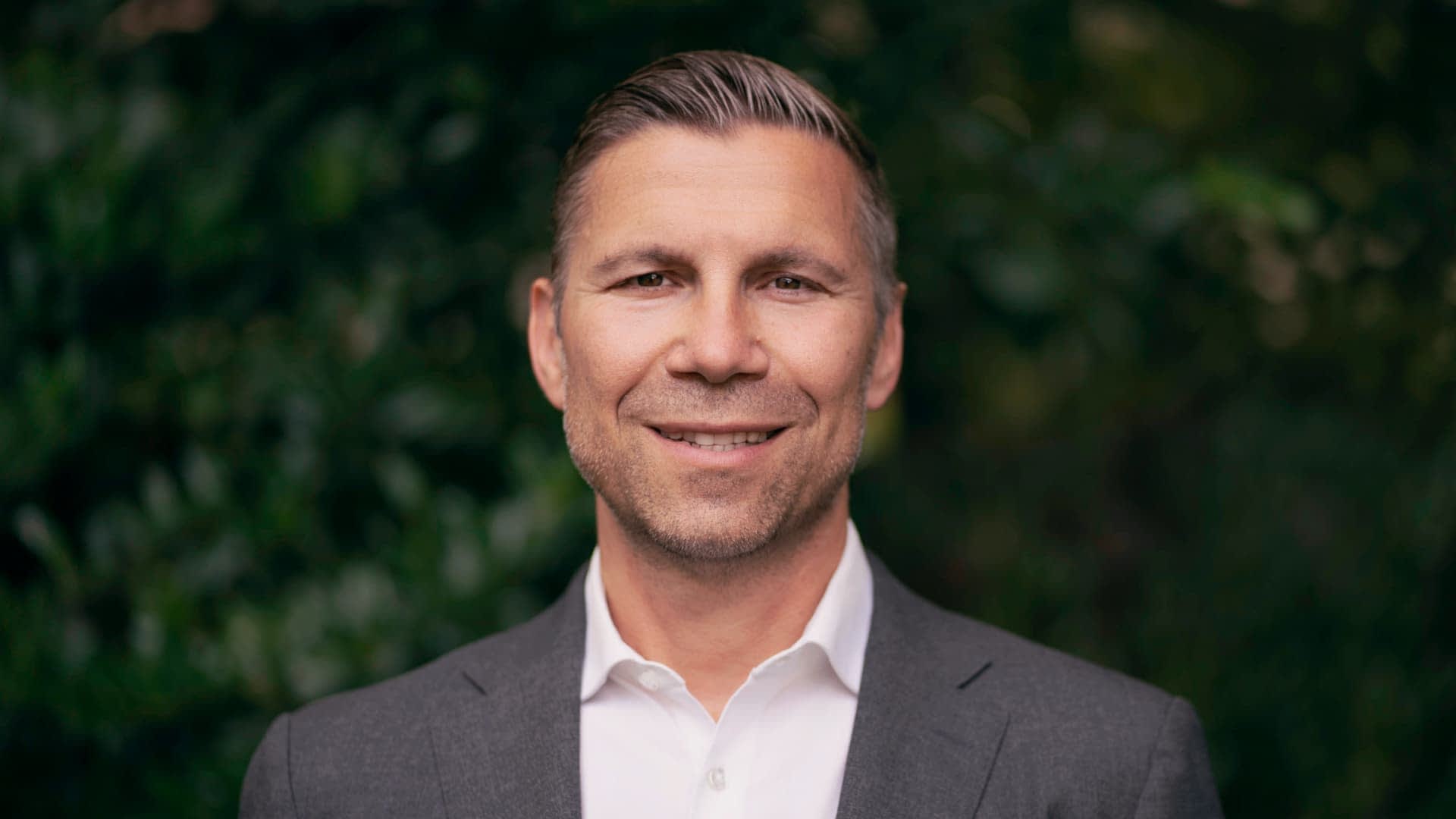
Giacomo Campinoti has been appointed as the new CEO of Filippo Berio USA by the Salov Group, with the goal of expanding the brand’s market share and increasing household penetration of olive oil in the U.S. Campinoti will face challenges such as navigating tariffs on imported olive oil and increasing sales outside of the northeastern U.S., with a focus on targeting Asian American consumers.
The Salov Group has appointed veteran food industry executive Giacomo Campinoti as the new chief executive of its largest subsidiary, Filippo Berio USA.
“With an accomplished record of brand development and operational excellence, Giacomo Campinoti is a natural choice to serve as CEO and lead Filippo Berio USA into a new era of innovation and expansion,” said Salov Group chief executive Gianmarco Laviola.
“The U.S. is a key market for Filippo Berio, and we are certain that Giacomo will sustain the storied brand’s legacy while creating compelling new growth opportunities,” he added.
See Also:New Deoleo CEO Inherits Legal and Financial ChallengesCampinoti, a certified public accountant, previously served in management and executive roles at several food industry and luxury brands, including nearly 11 non-consecutive years as the chief financial officer and later as the chief executive of De Cecco USA, which produces and imports Italian extra virgin olive oil, pasta and pasta sauces.
Before that, he worked as the director of finance and accounting for Italian coffee giant Lavazza and as the financial reporting budget manager at fashion house Benetton USA.
Now, the Florence native will be expected to expand Filippo Berio’s market share in the world’s second-largest olive oil-consuming country and brand awareness through strategic partnerships and consumer education.
Immediately, Campinoti will face uncertainty around the imposition of a ten percent tariff by the United States on imports from nearly every country, including olive oil from the European Union.
Marco De Feo, the vice president of marketing at Filippo Berio USA, told Olive Oil Times in a March 2025 interview that the company has a responsibility to lobby the U.S. government for exemptions for olive oil, emphasizing how the product aligns with the “Make America Healthy Again” policy.
“The main point is that there is not enough oil locally to supply the demand,” De Feo said. “Hopefully, the government will understand and allow olive oil to come in without major tariffs disrupting the entire supply chain.”
“If the tariffs do not last for too long, prices are unlikely to rise,” he added. “If they last longer, that will create some disruption.”
Another challenge facing Campinoti will be to increase household penetration in the olive oil category, which currently stands at about 50 percent.
“We saw household penetration spike during the Covid-19 pandemic, when people were cooking at home much more, and that helped increase olive oil consumption,” De Feo said. “Due to the supply chain issues that we experienced during the last two years, household penetration has fallen to pre-Covid levels.”
“It’s unfortunate, but that shows there is potential to grow the category,” he added. “We might never reach 90 percent, but even reaching 60 or 65 percent would be a huge increase, considering per capita consumption is still less than one liter.”
Campinotini is also expected to be tasked with increasing sales outside of the northeastern U.S., which accounts for approximately 30 percent of the market share.
Expansion efforts will include taking on companies such as Costco and Walmart, the latter of which dominates olive oil sales in the southeastern U.S.
De Feo has identified Asian American consumers as a diverse and promising demographic for achieving this goal.
“When we look at Asian populations and consumers here in the U.S., we see a culture that embraces the melting pot and fusion culture of trying different foods and cuisines,” he said.
“A lot of Asian Americans who now understand olive oil health benefits are one of the major new consumer groups entering the category, and they tend to select within the olive oil category, the more mild and delicate flavor profiles,” De Feo added. “Instead of a robust extra virgin olive oil, they may prefer refined olive oil or extra light olive oil.”
Despite the challenges ahead, Campinoti said he looked forward to taking the reins at the 158-year-old company.
“Time and again, the U.S. market has demonstrated a healthy appetite for high-quality, evolving culinary experiences,” he said. “I look forward to leading the iconic brand in the U.S. and sharing its continued innovation with an ever-wider audience.”
